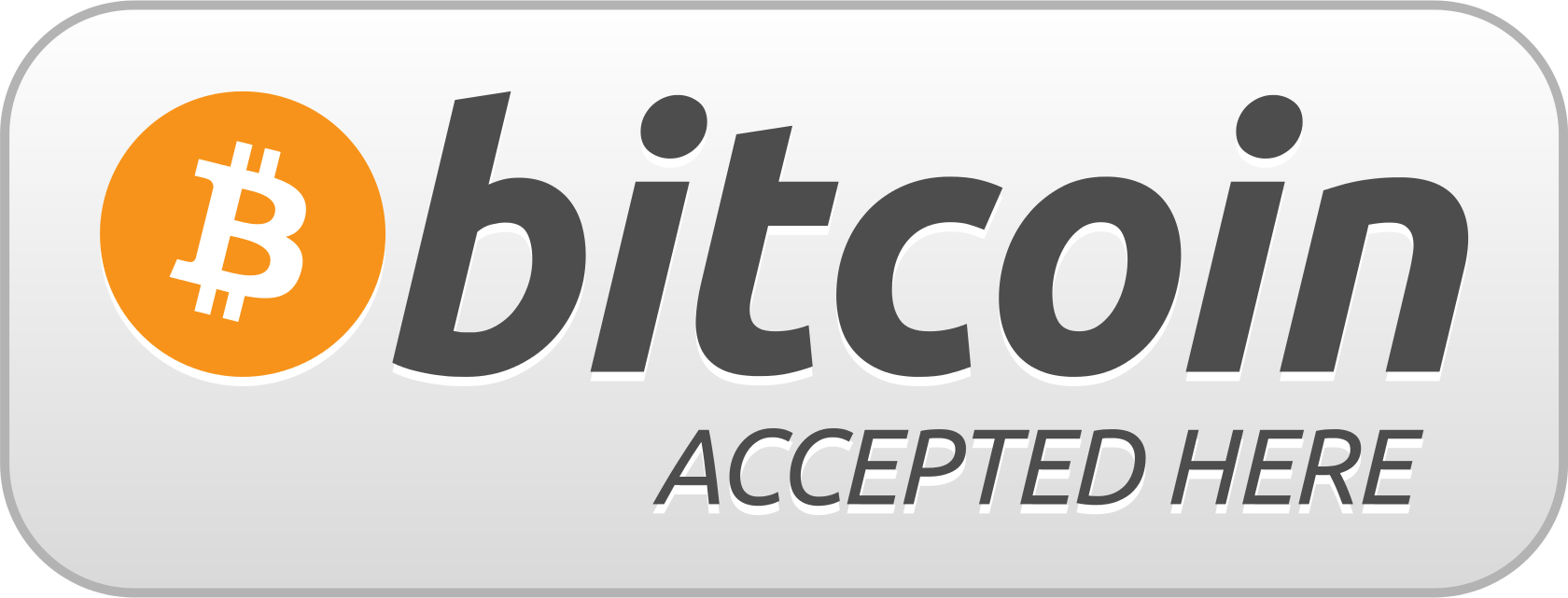Is Bitcoin the Currency of the Future?
Is Bitcoin(BTC) the currency of the future? It’s hard to say. It’s new, it’s unprecedented, it’s already well underway, and it’s one heck of a wild rollercoaster.
Bitcoin is the completely virtual peer-to-peer currency that has exploded into the market since its 2009 introduction. There is no central bank, no government backing, no owner or company to direct it, no physical form, and no predicting the wild rises and falls that it takes. Anonymity is also a key function of Bitcoin, identifying traits are absent from every aspect of Bitcoin. Even the currency’s creator has remained completely anonymous.
To understand Bitcoin we need to look into the ones and zeros that make it tick. It is important to preface this with the fact that most of the algorithms involved are among the most complicated ever used on such a scale. Even professionals in the field of computer science and engineering often have no understanding of how the algorithm functions. I’m no expert, so I’m not even going to attempt to learn about the algorithm in depth, but we can still examine what goes in and what comes out of that magical algorithm machine.
The process is revolutionary, reminiscent of file torrenting, but with public information and money. There is one central list of all Bitcoins in existence, known as the “blockchain”, and that list is accessible through the magic of the internet. From my understanding, each Bitcoin virtually records each transaction it is involved in, and that Bitcoin and its transactions are kept track of by the other computers that process the full list. This means that each Bitcoin is completely unique and cannot be copied or reproduced if lost.
In order to generate these Bitcoins, you must devote some of your computer processor to solving puzzles that pertain to information on the blockchain. The genius of the process is that each time the puzzle is solved, it gets progressively more complicated to solve, and the rate of success is halved every four years. Even though most people haven’t even heard of Bitcoin yet, this process, which is known as “mining” Bitcoins, has almost reached the point where only state of the art computers have a real chance of solving the puzzle. However, even if you have some of these computers, you have to calculate how much you spend on powering those computers which most often results in you losing money. Mining will be stopped altogether when 21 million Bitcoins enter circulation. This ingenious system prevents both counterfeiting and inflation.
Bitcoin’s value has been one of the most volatile numbers on the global market. In 2011 it rose from about $0.30 to $32, then fell back to $2. Through 2012 the median transaction value was fairly constant, but in early 2013 Bitcoin’s popularity grew and many companies and groups began accepting it. That Spring Bitcoin encountered its first peak, a point where some would consider to be an economic bubble. The bubble popped around the time when each Bitcoin was worth about $200 and dropped it down to around $75. It soon recovered and began a long hike up to the front page.
Its highest point so far was reached in late November when Bitcoins were valued at almost $1200. This bubble was burst in early December when China’s banks announced that they would no longer accept Bitcoins as legal tender. As of the afternoon of December 18th, one Bitcoin is worth about $550.
These extreme fluctuations are most likely the consequence of Bitcoin’s lack of official backing. In the United States, the Federal Reserve is in charge of maintaining the dollar and providing a stable currency. They print the paper money and mint the coins in order to prevent a dramatic rise in value(which despite how it sounds at first would have ill effects), and determines how much money to create in order to stop inflation. Bitcoin doesn’t have this support, so its value poses a much greater risk for potential investors. Basically, there’s nothing to stop it from reaching $1200 and then dropping to $0 the next day, which isn’t exactly good for the currency.
Another criticism of the Bitcoin is the result of the double-edged sword that is its foundation: the internet. Transactions are faster than any other currency, accessible wherever there is internet access, no physical mass or form to be lost or destroyed, and everything is just extremely versatile.Such versatility comes with a price though.
There have been problems in the past with cheating the mining system and creating an unlimited number of Bitcoins, and saying that the system is now impenetrable is akin to issuing a challenge to the hackers and code breakers of the world. This problem of counterfeit is also held by other currencies, so it isn’t such big a deal comparatively. The ease of losing your money is also a concern. Whether it’s the actual hard drive that the coins are stored on being accessed or destroyed, or the a transaction being made without the knowledge of one party, Bitcoins can be lost or stolen like other currencies, just in different ways.
The biggest difference between Bitcoin and other currencies is government backing. In the United States, the government insures up to $250,000 when stored in banks. This means that even if your money is stolen or destroyed, you can just get some back. There is no Bitcoin insurance, and no public plan in sight for creating more to replace the ones that are lost or stolen.
As well as being intensely volatile and very risky even at its most stable times, Bitcoins have the reputation of being used for some shady business. Traditional search engines like Google are thought to be able to grant access to a remarkably small fraction of the content of the internet. Depending on the source and the content being considered, the lower numbers are around 0.05% with the highest being about 10%. This 95% of the internet that you’ve probably never known about, let alone accessed, is known as the deepnet, dark net, dark web, and many other names of equally devious nature.
The anonymity of Bitcoin fits perfectly with the anonymity that creates the need for the deepnet. Drugs, weapons, child pornography, whatever it is, you can find it on the deepnet. One of the biggest sites for the sale of such good and services was “The Silk Road”, a site that was called the Amazon.com of drugs. Bitcoins were of course a primary method of payment on the site, so when the FBI arrested the site’s owner it was no surprise that the seizure of the site came with about $28 million of Bitcoins(according to the FBI). Being that the internet is the internet, “The Silk Road 2.0” is reportedly up and running with a new operator under the same handle.
Between its reputation, its lack of support, and its incredible volatility, I don’t see Bitcoin becoming a widespread currency. Instead, I predict that some other magically conceived internet currency will arise with solutions to some of these problems. Regardless of its actual success, Bitcoin is an incredible innovation. The internet is becoming more like its own nation every day, and innovations like Bitcoin only serve to further develop the internet as its own independent community.

















